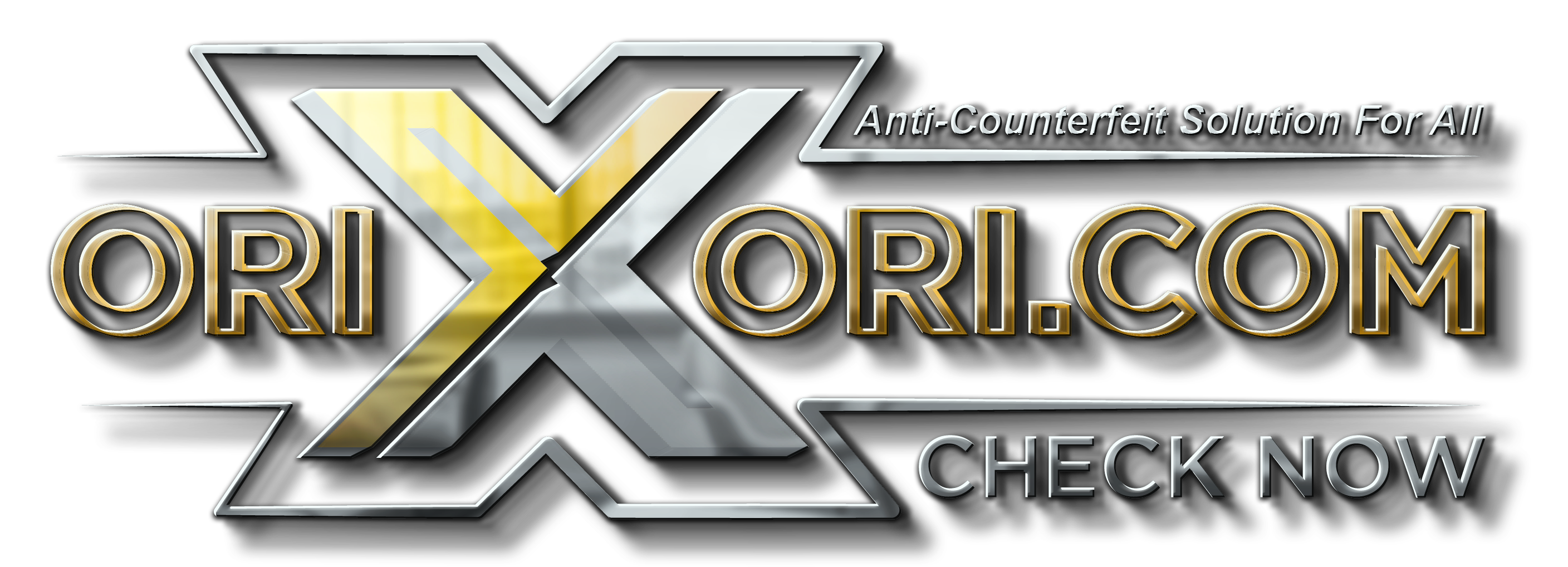The corporate governance role of a board requires oversight, insight, and foresight. Directors of boards must be more vigilant and make informed decisions as the business environment nonprofit board organization gets more complex and unpredictable. To ensure the success of a company it is also essential to coordinate efforts across all employees.
A well-formed board should include members with a range of skills and perspectives that are able to challenge the board’s assumptions and perspectives. This will facilitate more comprehensive discussions and enhance the effectiveness of the board overall.
As the board’s duties change it is crucial to be ready to address the new technology and issues such as diversity and climate disclosures which could affect a company’s bottom line. It is crucial to establish a culture which promotes and encourages continual education and discourages complacency.
The board should formulate goals and strategic objectives, both in the short and long term, and implement mechanisms for monitoring the progress made towards achieving these goals. The board oversees the chief executives and decides on the guidelines and policies for the operation of the company.
It is the responsibility of the board to determine what risks are acceptable and how to manage them while safeguarding shareholder interests. The board should create risk assessments, develop policies to guide its own actions as well as those of its manager and establish accountability systems to support the board’s duty of stewardship.
